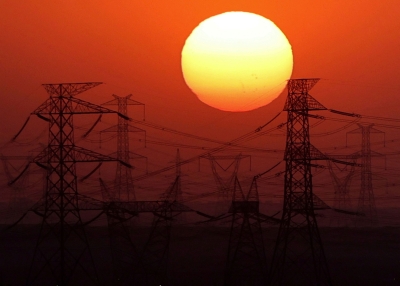JAKARTA, Sept 5 — Singapore will issue conditional approval to import 1.4 gigawatts (GW) of electricity from two solar power projects in Indonesia as the country ramps up low-carbon power supply, senior minister Teo Chee Hean said in Indonesia today.
The new deal came on top of a previously agreed 2 GW of solar power imports from Indonesia.
The deal will secure supply of clean electricity powered by solar PV and battery energy storage system for Singapore, while helping Indonesia shift its energy exports, said Indonesian senior minister Luhut Pandjaitan.
“Having been a long exporter of coal and natural gas, this collaboration is the first step in our transition from fossil fuel exporter to renewable energy exporter,” he said.
The overall projects have an estimated value of around US$20 billion (RM86.8 billion), Luhut said.
The conditional approvals for the 1.4 GW power will be granted to TotalEnergies-RGE and Shell-Vena consortia, Tan See Leng, Singapore’s Minister of Manpower and Second minister for trade and infrastructure said at the conference.
The conditional approval for the 2GW of imports, granted last year, will also be upgraded to conditional licences this year, Teo told participants at the Indonesia International Sustainability Forum in Jakarta.
It will come from projects being developed by five Indonesian and Singaporean companies that together have proposed to install about 11 gigawatt peak of solar photovoltaic capacity and 21 gigawatt battery storage capacity in Indonesia, and expected to come online in late 2027.
The companies involved include Pacific Medco Solar Energy and Adaro Solar International and Keppel Corp Ltd.
Keppel has said electricity from their project will be transmitted via a common subsea transmission cable system to be jointly developed and shared by the consortium.
Meanwhile, transmission plan for the additional 1.4 GW is still being drawn up, said Rachmat Kaimuddin, an Indonesian deputy coordinating minister told reporters.
Rachmat expects the additional power supply to come online around 2030. — Reuters

